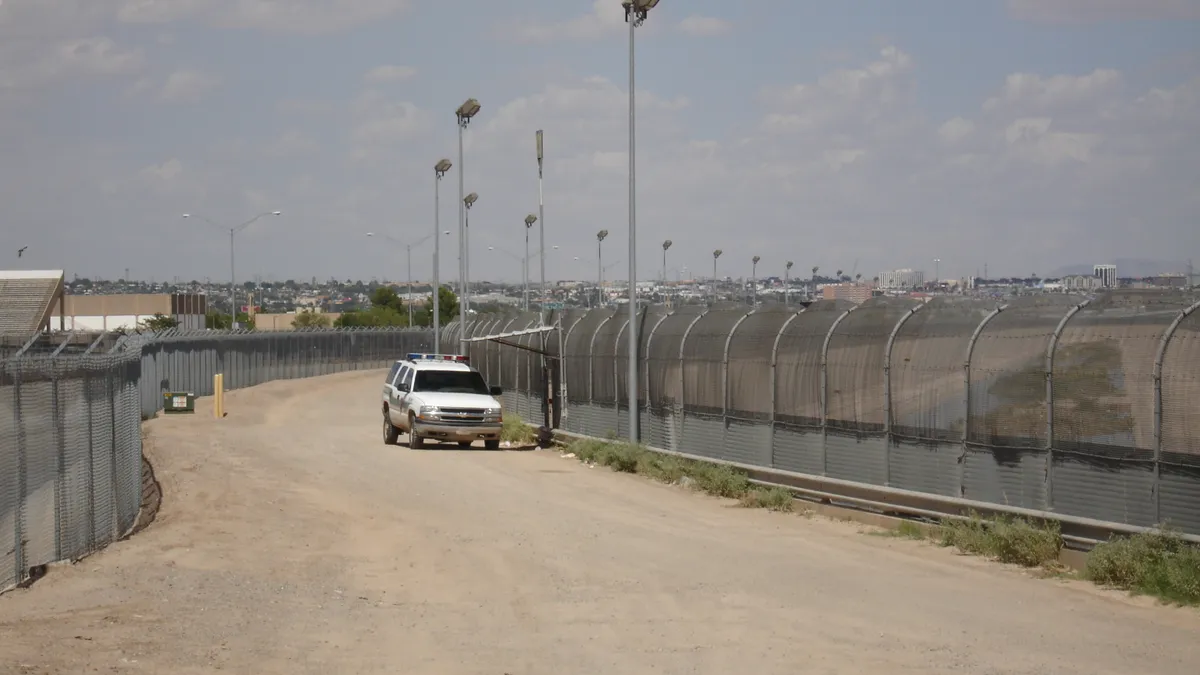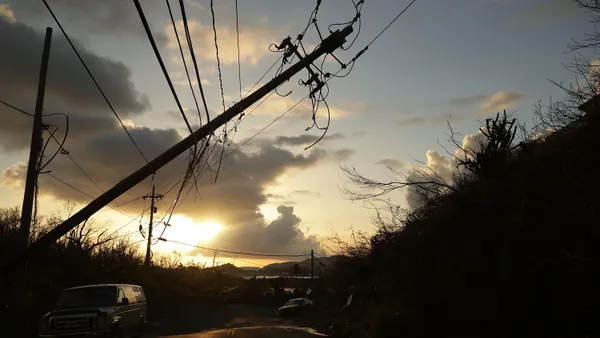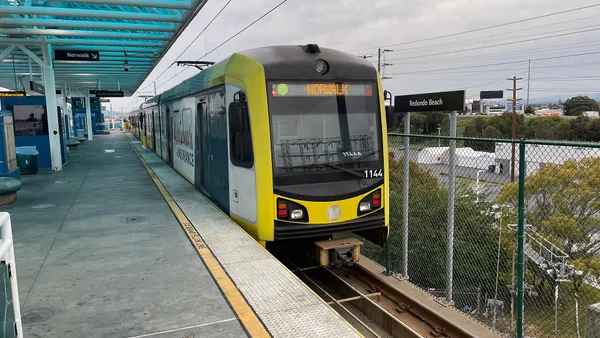Just days after U.S. Customs and Border Protection (CBP) and the Army Corps of Engineers awarded a $33 million contract for about four miles of border wall construction in Starr County, Texas, the Department of Homeland Security (DHS) has waived conditions that would otherwise require it to adhere to approximately 30 environmental and other regulations for the project.
CBP and the Army Corps selected Southwest Valley Constructors, based in Albuquerque, New Mexico, to perform the work, which is divided into four segments and will feature 18-foot to 30-foot-tall steel bollards, detection technology, new lighting and some road construction.
CBP, in its news release announcing the contract, added that the money for the project would come from its fiscal year 2019 appropriations and not originate from the Department of Defense's coffers under President Donald Trump's February declaration of a national emergency at the U.S. Southern border.
This is a critical distinction as a federal judge last week permanently blocked the Trump administration from diverting DOD money for use on border wall construction. Before Judge Hayward Gilliam's ruling, the White House had identified $2.5 billion of military funds from DOD programs like counter-narcotics; deadly chemical and munitions disposal; the Afghan Security Forces Fund; and military retirement that it would put toward building new barriers at the border.
Gilliam had temporarily blocked the administration from using that money in May and issued the permanent ban after he determined that border wall construction did not meet the criteria for such a transfer of funds under a national emergency. For instance, Gilliam said, border wall construction was not a military-related unforeseen circumstance.
In fact, he said that the administration's' attempt to sidestep Congress, which has thus far been unwilling to meet the president's budget demands for barrier construction at the U.S.-Mexico border, would "likely raise constitutional questions" and was beyond its authority.
What Gilliam did not do, however, is restrict the Trump administration's use of waivers to get around compliance with environmental and other regulations in order to expedite wall construction. The DHS has declared itself exempt several times before, particularly for work in the U.S. Border Patrol's Rio Grande Valley Sector, which DHS said is a high-traffic route for illegal entry into the country and for drug smugglers.
This latest contract to Southwest Valley Constructors is no exception. Some of the rules the DHS said it is not required to comply with are the Migratory Bird Treaty Act, the National Historic Preservation Act, the Endangered Species Act, the Clean Water Act and the National Environmental Policy Act.
Activists, according to The Monitor, have come out in opposition to these latest waivers, claiming that moving forward with construction under these terms will damage the Rio Grande Valley's diverse ecosystem and will create a flood hazard for the community. Groups that have filed lawsuits against the DHS practice have so far been unsuccessful in stopping construction.












